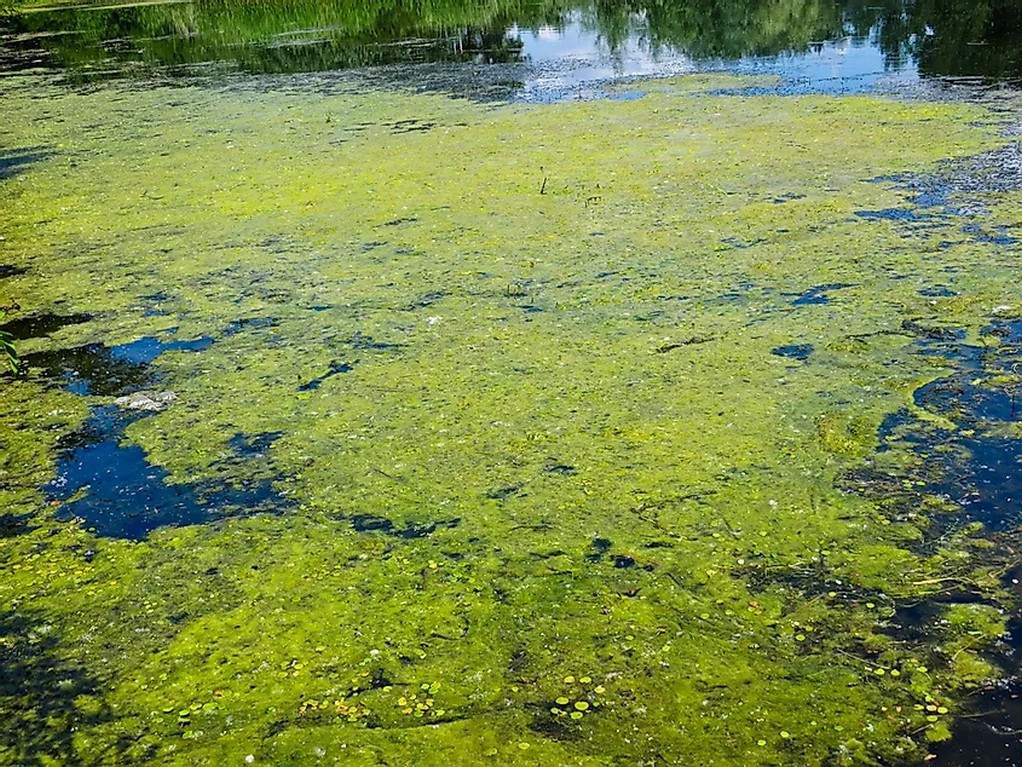New research suggests that biodiesel derived from microalgae may actually emit more carbon during production and use than petroleum-based diesel. The biofuel’s poor performance is due to its manufacturing process, which requires more energy than the final product can produce.
Some phytoplankton produce up to 30 times more energy than other biofuels because they contain large quantities of fats that can be converted into fuel. And phytoplankton grow rapidly, flourishing in a wide variety of climates and habitats—including in wastewater—and don’t require the diversion of food into fuel production, unlike corn, soybeans, and other biofuel crops. Yet these advantages alone don’t translate to energy efficiency.
In this new study, Tom Bradley, director of Decerna, a U.K.-based consulting company that specializes in low-carbon economies, and his coauthors partnered with a facility to produce biofuel from phytoplankton at an industrial scale. They grew the microalgae under artificial light on a diet of glycerol, yeast, and other chemicals, and then extracted the fats and converted the usable ones into biodiesel.
Throughout the process, the study authors collected data on the energy demands of each step, then tallied the carbon emissions from burning the final product. The result is a more realistic evaluation of the real-world environmental impacts, says Bradley.
The authors found that the environmental costs of building the infrastructure to grow and process the algae, and of producing the electricity to run the operation, more than counterbalance the environmental savings of burning the biofuel.
When Bradley began this research more than a decade ago, he was extremely hopeful about the promise of microalgae. But he no longer sees it as a strong choice. “Microalgae-derived biodiesel cannot outperform conventional diesel without a significant breakthrough,” he says.
Energy giant Exxon appears to share Bradley’s concerns. The company began quietly withdrawing from its multimillion-dollar, 14-year algae research efforts in December 2022.
Xavier Mayali, an algae biofuel researcher at Lawrence Livermore National Laboratory in California who was not involved in the study, thinks that microalgae could still produce a viable alternative fuel — with some key tweaks.
Tags: Algae-based Biofuel, Carbo Footprint


Recent Posts
Potential hazards of extremely alarming developments in marine ecosystem: Report
SK Energy exports SAF to Europe
Government allows sale of FCI rice to distilleries for ethanol production
ISPRL seeks private firms to build 2.5 mn tonnes petroleum reserve
Ane Maersk powers up with green methanol in Shanghai
GEMA requests government to issue surplus FCI rice to grain ethanol industry
Nayara Energy to expand retail network by adding a fuel station per day
BPCL buys Middle East grades to replace Russian shortfall